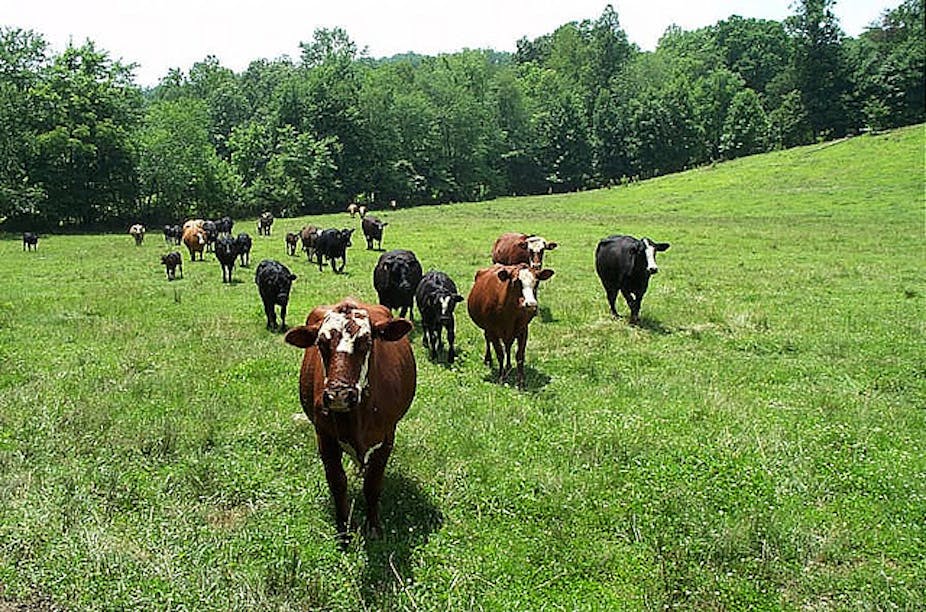Funding shortfalls are hurting Australia’s agricultural research sector at a time when climate change, a looming food crisis and water shortages are demanding more innovation than ever, according to academics at recently axed agricultural research programs.
However, a spokeswoman for Minister for Innovation, Industry, Science and Research Senator Kim Carr said 30% of all CRC program funding to date has been provided to agricultural CRCs.
The Beef Genetics, Cotton Catchment Communities and Forestry cooperative research centres learned yesterday that their applications to have funding extended through the federal government’s Cooperative Research Centres program had been denied.
“It was an extremely competitive funding round, with 26 applicants. There was only funding for three to five CRCs, so 16 were knocked out in the first application stage, including us,” said Dr Heather Burrow, chief executive of Beef Genetics, which is based at the University of New England.
Dr Burrow said she accepted the umpire’s decision but that her scientists would increasingly have to turn to industry funding sources to continue research into ways to maximise productivity in the beef industry.
“The beef industry needs to produce more if we are to feed a doubling world population over the next 40 years,” she said.
“The agricultural research sector has come to rely more heavily on the CRC program than, say, the medical, mining or IT sector because those other sectors can tap into Australian Research Council or National Health and Medical Research Council funding,” she said.
“We have no choice but to work with industry on how we can grow the pie.”
Professor Tony Peacock, CEO of the CRC Association (a peak body for CRCs), said the overall funding pool available in the CRC program had shrunk from over $200 million a year in 2007 to just $165 million a year now.
He called for funding to the CRC program to be boosted by $25 million per annum over each year for five years.
Professor Gordon Duff, CEO of the CRC for Forestry based at the University of Tasmania, said Australia’s agricultural research sector was under increasing pressure.
“We will see a significant drop in the number of agricultural CRCs in coming years. It’s an inevitable consequence of the funding shortfall,” he said.
“It’s a critical time for the agricultural sector. With increased competition for land, water and with climate change, this is really the time we need to innovate and our capacity to do that has really been reduced,” he said.
As well as boosting productivity of Australia’s $22 billion forest and wood products industry, research into the carbon sequestration capacity of plantation forests had helped Australia meet its greenhouse gas emission reduction targets, he said.
A spokeswoman for Minister Carr said, to date, the government has supported 51 agricultural CRCs (28% of all CRCs) and altogether, more than $1 billion has been provided to agricultural CRCs.
“Of the 44 current CRCs in 2011-12, 11 have a focus on agriculture. Of these, five applied for an extension of funding in the current round and the Minister has approved two of these to proceed to the next stage - the National Plant Biosecurity CRC and the Invasive Animals CRC,” she said.
“The government will invest $622 million in CRCs over the next four years. The savings in the last Budget represent only a 5 per cent reduction in total program funding.”
As well as CRC funding, the agricultural research sector received $30 million worth of ARC funding between 2006 and 2011, she said.
“In addition, the Australian Centre for Plant Functional Genomics funded jointly by the ARC and the Grains Research and Development Corporation is receiving total Commonwealth funding of $43 million ($23 from the ARC).”

